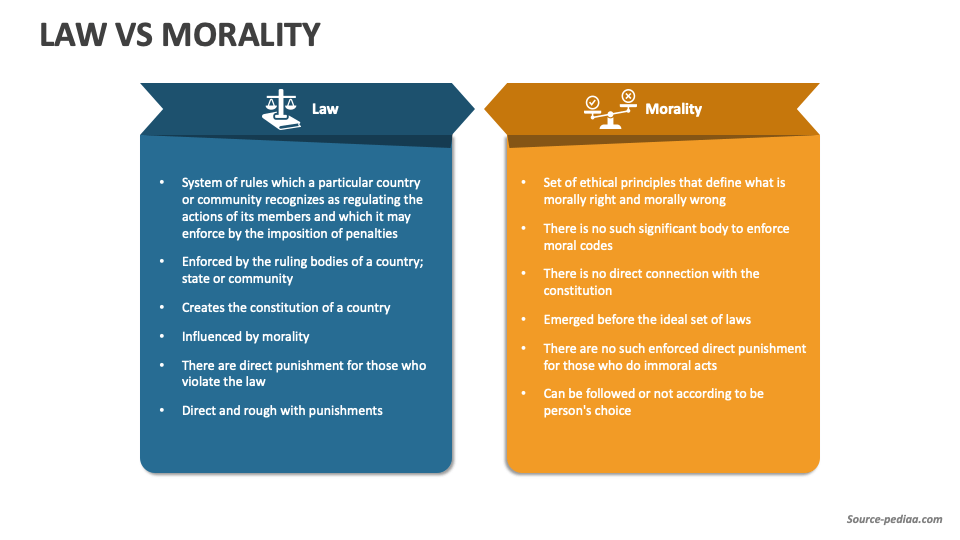In the realm of spiritual exploration, the Bahá’í teachings present a profound inquiry into the essence of happiness and morality. Each facet of human experience, entwined with these concepts, invites us to delve into a philosophical discourse that transcends mere definitions. What emerges is a nuanced portrayal of happiness and morality, leading us toward a higher objective—spiritual fulfillment within the shared tapestry of humanity.
The quandary of happiness juxtaposed against morality raises significant questions. What constitutes happiness? Is it the ephemeral joy stemming from material possessions, or is it a deeper, more abiding state of contentment? Conversely, morality often appears to serve as a constraining framework, delineating acceptable conduct within societal constructs. Yet, according to Bahá’í thought, morality is not merely about restriction; it is a facilitator of true happiness.
At the core of Bahá’í teachings lies the assertion that happiness is intrinsically linked to the pursuit of truth and the practice of virtue. Happiness is not merely an emotion but a spiritual condition cultivated through righteous deeds and altruistic intentions. In this light, individuals are encouraged to foster a disposition toward selflessness, recognizing the interconnectedness of human souls. Compassion and benevolence thus become conduits, allowing individuals to experience a profound sense of fulfillment.
To explore this relationship further, one must consider the elements that contribute to genuine happiness. Among these elements, self-realization emerges as paramount. The awareness of one’s purpose and potential catalyzes a transformative journey. This idea resonates strongly within the Bahá’í perspective, which posits that each individual is inherently endowed with capacity and the divine spark of potential. Therefore, the quest for self-discovery becomes a vital component of attaining true happiness.
As we navigate the intricate landscape of morality, it is essential to distinguish between societal norms and universal principles. While societal norms may evolve, the foundational moral laws articulated in Bahá’í writings are timeless. These principles transcend cultural boundaries and resonate with the core values of justice, equity, and the inherent dignity of every human life. Such moral frameworks not only cultivate personal integrity but also promote harmony and cohesion within communities.
Importantly, the Bahá’í teachings challenge the often-held dichotomy between happiness and morality. Rather than perceiving them as opposing forces, they are, in fact, interdependent. The pursuit of moral excellence paves the way to authentic happiness, unveiling a life imbued with purpose and meaning. As individuals strive to align their actions with these moral imperatives, they often discover a latent happiness that defies external circumstances.
This alignment brings forth the notion of service, a cornerstone of Bahá’í life. Engaging in service to others not only uplifts those around us but concurrently enriches our own lives. The act of giving, born out of a moral obligation towards others, consequently reaps the rewards of happiness. It is through such acts that individuals can transcend the self, leading to the realization of a higher social purpose.
The synergy between happiness and morality also finds articulation in the context of justice. A just society, as envisioned in Bahá’í teachings, empowers individuals to cultivate their happiness while adhering to moral standards. The pursuit of justice necessitates a commitment to the well-being of others and the promotion of equality. When individuals are treated with fairness and dignity, both happiness and morality flourish, engendering a harmonious society.
As we contemplate the higher goals posited by the Bahá’í Faith, it becomes clear that happiness is not merely an emotional state, but rather a product of living a life anchored in moral integrity. This understanding prompts a transformation in perspective. It invites a critical examination of personal values and priorities, urging individuals to seek fulfillment through virtuous living. The inherent promise in this shift is a deeper, sustained happiness that emerges when one aligns their life with a higher moral purpose.
Consequently, achieving balance between the two aspirations—happiness and morality—requires ongoing reflection and commitment. The Bahá’í teachings encourage a vigilant self-assessment, where individuals must consistently evaluate their actions against their moral framework. This introspective journey fosters growth and evolution, illuminating the path to a more profound understanding of life’s purpose.
Ultimately, the intersection of happiness and morality is an intricate dance, guided by the principles of love, compassion, and service. Each component nurtures the other, creating a virtuous cycle that cultivates a sense of fulfillment that transcends materialistic desires. As one endeavors to embody the virtues espoused within Bahá’í literature, the promise of happiness becomes an attainable reality grounded firmly in ethical living.
In conclusion, the Bahá’í teachings illuminate a powerful interplay between happiness and morality, urging humanity towards a higher goal of spiritual and social harmony. This pursuit beckons all individuals to engage in a journey of self-discovery, moral engagement, and communal service, unlocking the potential for authentic happiness. Embracing this dual pathway is not merely an aspirational endeavor; it is an invitation to transform the world into a more just and compassionate place, culminating in the ultimate realization of collective well-being.
